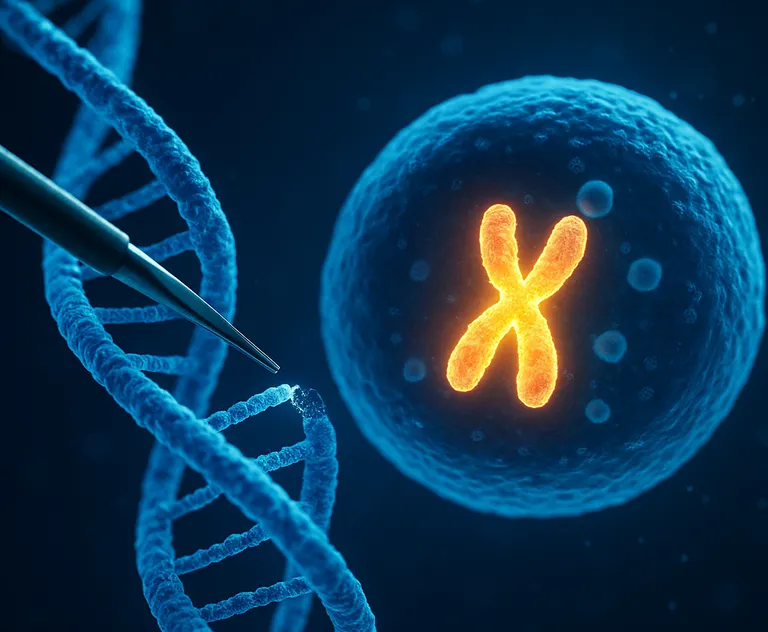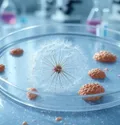A new era in genetics may be closer than we ever imagined.
In a stunning scientific achievement, Japanese researchers have successfully removed the extra chromosome that causes Down syndrome in human cells—a milestone that could reshape the future of genetic medicine.
Down syndrome, also known as Trisomy 21, is caused by an extra copy of chromosome 21, leading to cognitive delays, developmental challenges, and health complications. This is the first time scientists have managed to erase the extra chromosome at a cellular level.
“We were able to target and eliminate the third copy of chromosome 21 with high precision,” said one lead scientist from [Insert Institution, e.g., Kyoto University].
🔬 How They Did It
Researchers used a gene-editing technique known as CRISPR-Cas9 alongside chromosome-silencing technology to:
- Identify the trisomic cells
- Remove the extra chromosome
- Maintain healthy cell function afterward
This was performed in lab-grown human cells, meaning it’s still a preclinical experiment—but a massive leap forward in our understanding of chromosomal disorders.
💡 What Does This Mean?
While this is not yet a cure for people already living with Down syndrome, it could eventually lead to:
- Gene therapy for embryos or early development stages
- Future prevention strategies
- Deeper understanding of how extra chromosomes affect the body
🧬 Ethical Considerations
This discovery has reignited global debates about genetic editing:
- Should we edit human traits before birth?
- How do we protect the dignity of people living with Down syndrome?
- Could this lead to misuse or “designer babies”?
Disability advocates stress that scientific advancement must be paired with respect, inclusion, and ethical boundaries.
👩🔬 A Glimpse Into the Future
This breakthrough could open the door for new treatments for:
- Other chromosomal disorders like Patau or Edwards syndrome
- Aging-related chromosomal defects
- And possibly, regenerative therapies for genetic diseases
“It’s not just about deleting a chromosome—it’s about rewriting our approach to inherited conditions,” one geneticist commented.
🧠 Final Thought
The research is still in early stages, and clinical use is years away—but it offers hope, and a new way of thinking about the impossible.
By ✍️ Tammy Castillo- MicuPost Team
Sources:



